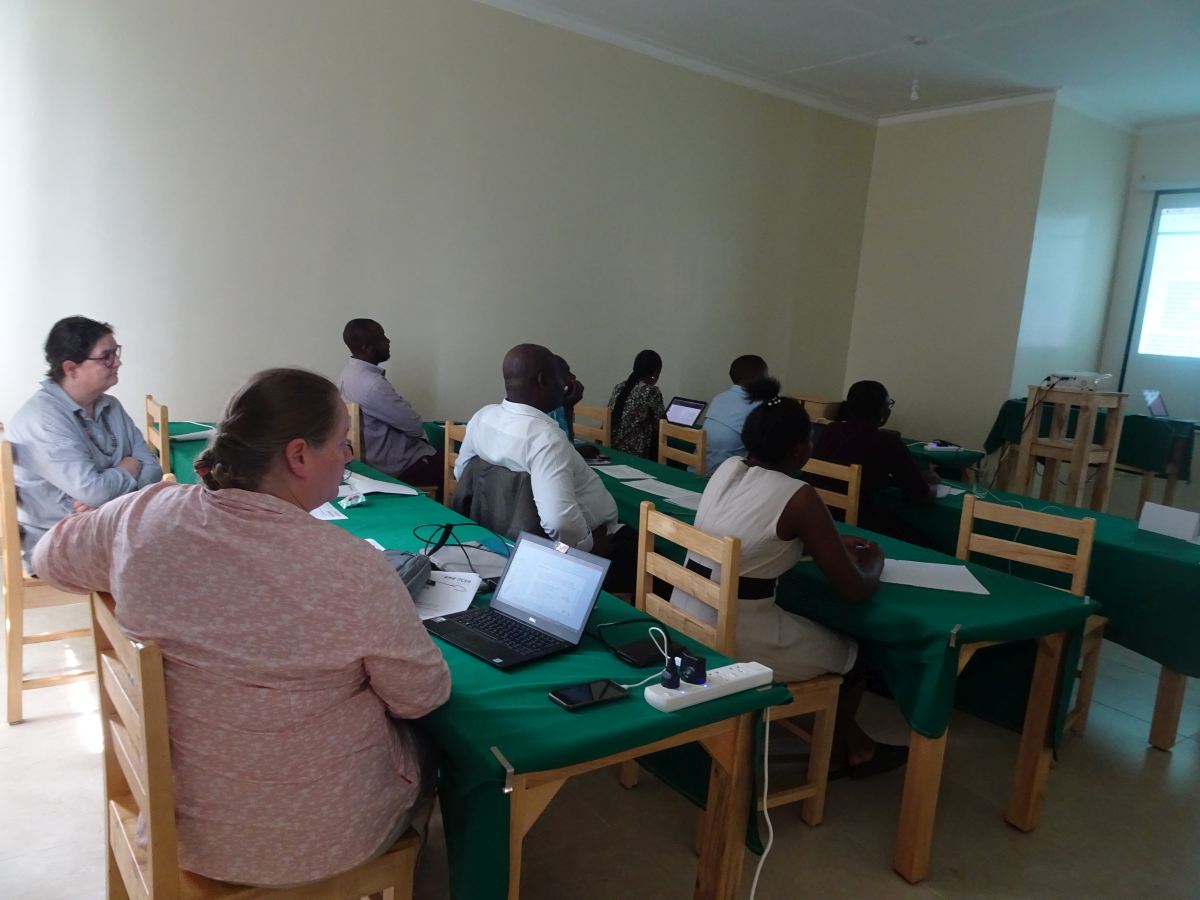Activities

Activities
Educational Concept and Planning
ITCER offers workshops and seminars led by international experts, with future plans for lab-based training. Financial support is provided based on need.
Programme
ITCER’s academic program includes:
- Envisaged Teaching Modules: Planned for up to 15 students, focusing on advanced diagnostics.
- Seminars: One- to three-day sessions covering key environmental topics.
- Outreach Presentations: Planned to engage local communities starting next year.
Envisaged Training Areas
Training will cover biodiversity, soil and water conservation, plant pathology, and data management.
Apply for an Event
Application details will be announced soon. Please check our website for updates.
Ongoing Research Projects
Research includes:
- Plastiphily is linked to generic virulence traits of important human pathogenic fungi – Gkoutselis, G.M., Rohrbach, S., Harjes, J., Brachmann, A., Horn, M.A., Rambold, G. Communications Earth & Environment (2024). Read more
- Management and publication of scientific data on traditional mycological and lichenological knowledge in Africa – Kinge, T.R., Jefwa, J.M., Houdanon, R.D., Milenge, H.K., Abdel-Azeem, A.M., Gryzenhout, M., Triebel, D., Weibulat, T., Rambold, G. Lichenologist (2023). Read more
- Chemical properties of key metabolites determine the global distribution of lichens – Schweiger, A., Ullmann, M., Nürk, N.M., Triebel, D., Schobert, R., Rambold, G. Ecology Letters (2021). Read more
Resources
Visit our Resources page for access to macrobiome images, online training software, and other deliverables.
